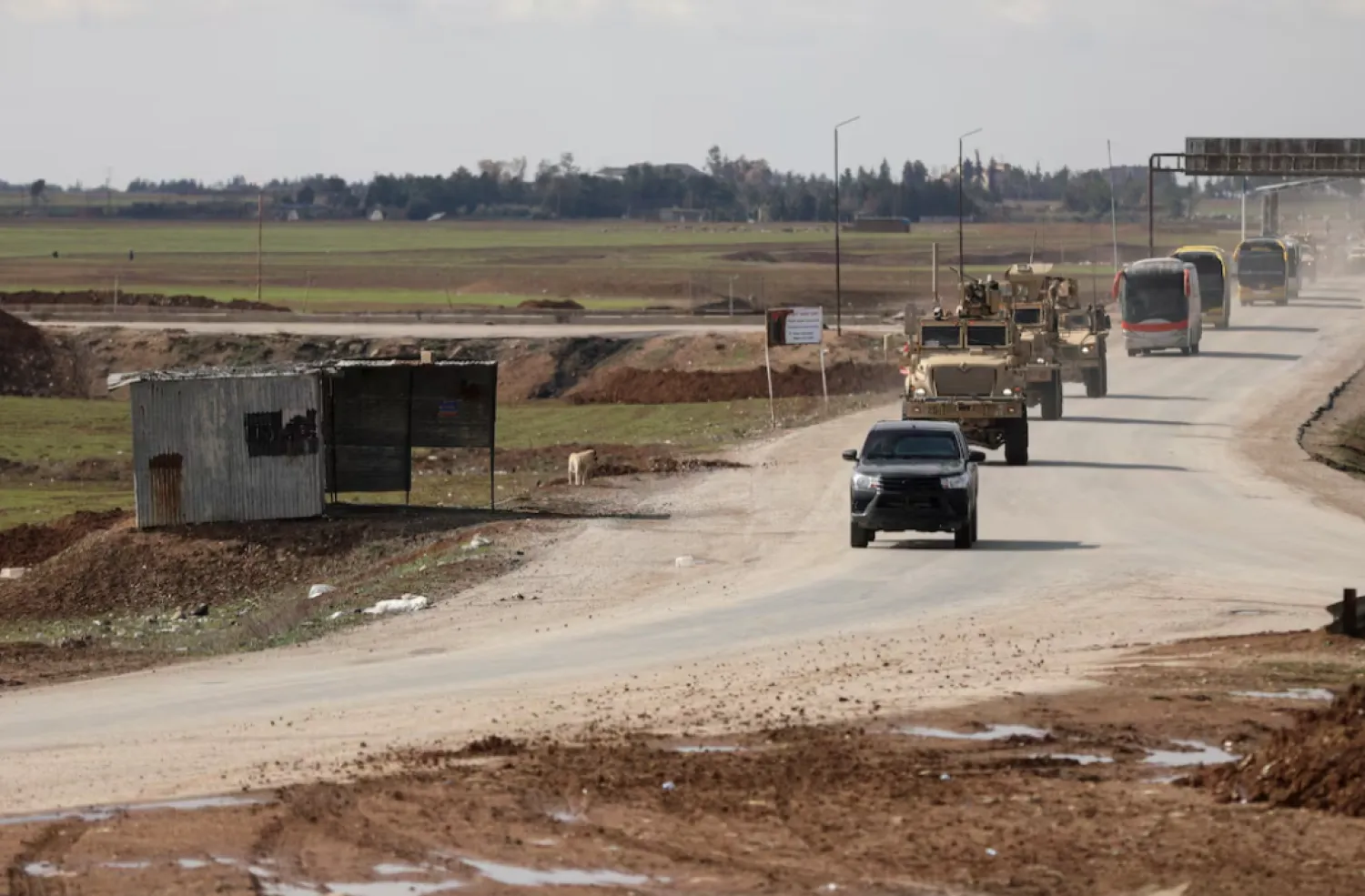The Syrian Constitutional Committee agreed on a “code of conduct” draft and the formation of the mini-committee to discuss constitutional reform, despite the “deep differences and lack of trust” between its members.
Delegates of the Syrian regime, opposition, and civil society did not directly refer to the Syrian President Bashar al-Assad.
The government delegation, which asked to be called a “government-backed delegation”, focused on Syria's sovereignty and support for state and military institutions. It also demanded Western countries lift their sanctions.
The opposition speakers pointed to the importance of constitutional reform, change, and discussing constitutional principles and decentralization.
Representatives of the three parties arrived in Geneva early last week, where preliminary meetings of the UN team with the heads of government delegations Ahmed al-Kuzbari and High Negotiations Committee, Hadi al-Bahra.
Meetings on Wednesday inaugurated with an open session that included United Nations Special Envoy for Syria Geir Pedersen, Kuzbari, and Bahra, in what was described as a “historic moment”.
On Thursday, Pedersen said after eight and a half years of conflict, there are deep differences, a lot of suspicions, and a lack of trust, but the fact that 150 Syrians have been “sitting together, respecting each other, talking to each other, discussing – according to the agenda that we agreed upon – the future of Syria, I think was quite impressive.”
Following the historic moment on Wednesday, the 150 members of the Committee participated in its first working session Thursday, under the co-chairmanship of two co-chairs from the Government and the Opposition, and with the facilitation of the United Nations.
Pedersen worked hard to make a first breakthrough which resulted in the adoption of the “Code of Conduct” for the Committee and rules of procedures for its co-chairs.
The “Code of Conduct”, which Asharq Al-Awsat received a copy of, includes the members’ commitment to the references and bylaws and must work within the committee in a spirit of respect, cooperation, and good faith.
They must also refrain from any action that may harm other members, or any unethical behavior or breach of public morals.
The participants must refrain from distributing any documents or publications in the conference room as official papers, and must not use their accounts on social media as a means of communication with the Committee.
The second breakthrough was the formation of a 45-member “mini-committee”, which as of Monday, will begin discussing the constitution. The mini-committee included 15 members of each delegation and will formulate proposals which will be approved by the expanded body.
The United Nations did not specify a time frame for the work of the Committee, which will be governed by consensus to achieve the general agreement of its members.
The Committee will conduct its work and adopt its decisions by consensus wherever possible, or else a 75 percent vote.
President Assad told state television on Thursday that the elections will be fully under the supervision of the Syrian state. He added that the government “is not part” of the ongoing Geneva negotiations and that the Damascus delegation “represents the government's view.”









